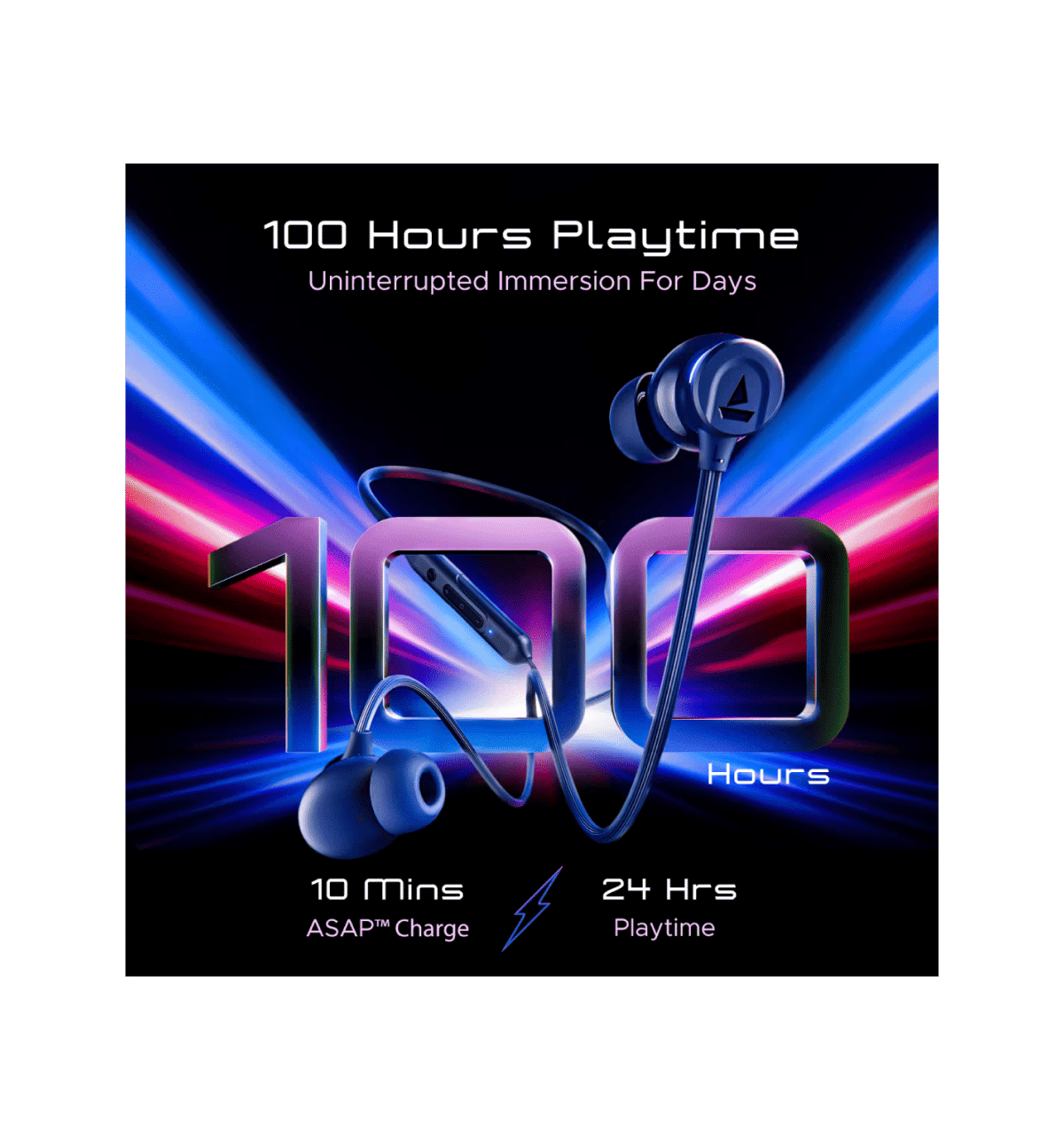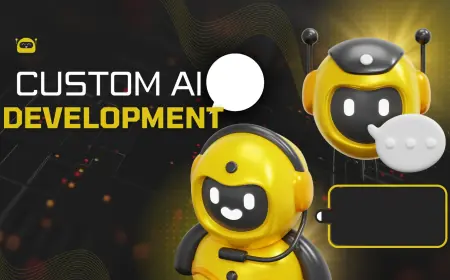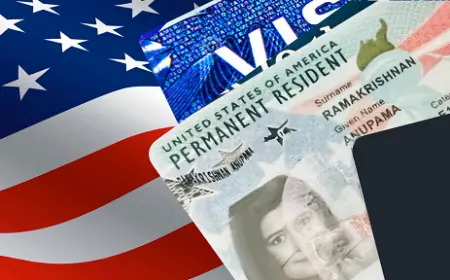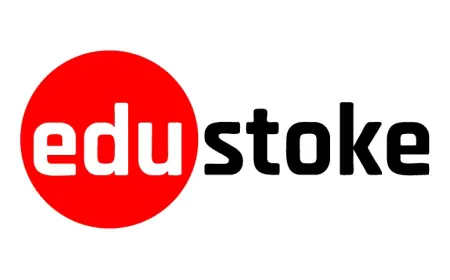Rethinking Gaming Crossovers: A Look at Unlikely Console Connections
Explore how modern gaming blurs console boundaries with cross-platform titles, shared features, and hybrid play. Gameranx breaks down the rise of terms like "Nintendo Switch Xbox" and what they reveal about the future of gaming flexibility, access, and player-driven experience.
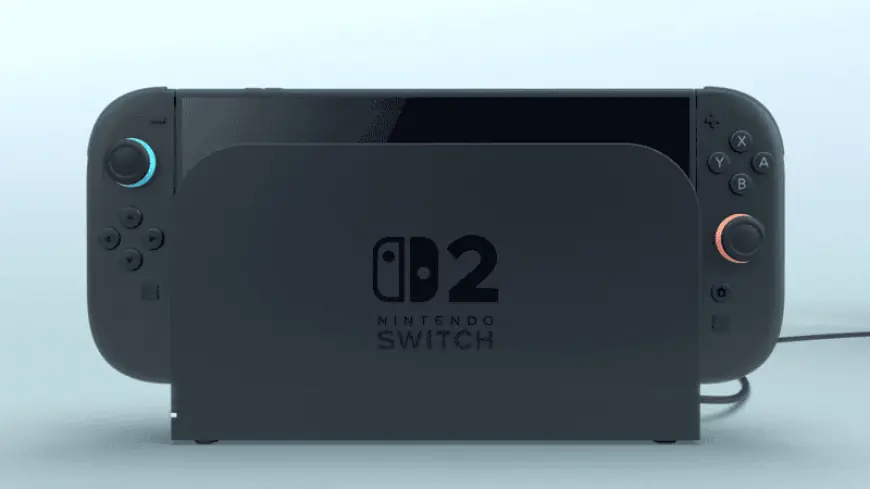
You don't have to look far to realize how much gaming has changed over the years. It used to be about one console, one group of games, and one style of play. But now? Things feel way more flexible. You can play your favorite games on a handheld while on a plane, then pick up where you left off on a full-screen setup at home. It’s less about strict loyalty to one brand and more about what works best for how you live.
People aren’t just talking about what’s exclusive anymore—they’re more interested in how different platforms blend together, sometimes in ways that don’t even make sense on paper. But that mix, that blur between categories and consoles, is where things get interesting
Why We’re Seeing So Much Overlap in Gaming
The walls between different gaming ecosystems are starting to feel less solid. It’s no longer weird to see a title pop up on multiple devices, or to have cloud saves that travel between systems. That kind of crossover would’ve been unthinkable a decade ago, and now it feels kind of normal.
Some of the reasons this is happening include:
-
Consumer demand for portability and flexibility
-
Developers pushing for broader audiences
-
Companies exploring mutual benefits from cross-platform access
There’s a lot happening behind the scenes to make this smooth—but what really matters is how it feels for the player. And honestly? It feels like the future is all about choices.
When Worlds Collide: How Consoles Influence Each Other
The more you look at the direction games are going, the more you notice bits and pieces borrowed from different systems. No console is an island anymore. Even features that used to be exclusive get picked up and adjusted by others.
Let’s break this down visually:
|
Feature |
Once Exclusive To |
Now Found On |
|
Handheld hybrid play |
Nintendo |
Pushed other brands to rethink design |
|
Achievements & trophies |
Xbox/PlayStation |
Even mobile games adapted similar ideas |
|
Game subscription models |
Xbox Game Pass |
Adopted in various forms elsewhere |
It’s not always a full copy. But there’s definitely a trend of noticing what works and weaving it into another system’s way of doing things.
What Brings the Phrase Nintendo Switch Xbox Into the Conversation
Now let’s talk about that strange mix of words—Nintendo Switch Xbox. On the surface, it doesn’t look like a real product. And it’s not. But that phrase shows up often online because of a few common situations:
1. Cross-Platform Titles
Many popular games release across multiple platforms. When players compare how the game performs or feels on each one, those names naturally get mentioned together—even if they’re talking about very different experiences.
2. Wishful Thinking
Gamers are imaginative. They dream about hybrid devices that combine the best of both worlds—portability, performance, and exclusive titles all in one. It might not exist yet, but the idea lingers in conversation.
3. Misinformation and Memes
Sometimes people mix names up by accident. Other times, the internet just runs with a joke. Either way, the combination creates curiosity and debate.
Examples of Real-World Crossover
There have been some moments where the idea of two systems sharing space became more than just talk:
-
A shared game ecosystem
Titles like Minecraft, Fortnite, and Rocket League allowed cross-play between handheld and traditional consoles. That kind of interaction broke a lot of old boundaries. -
Indie game ports
Certain indie titles started on one console but found huge audiences on another. That migration wasn’t just about business—it showed that different types of players could appreciate the same thing. -
Shared controllers and accessories
Third-party companies now make gear that works across platforms, including controllers, charging stations, and headphones. You’re no longer boxed in by your console when shopping for accessories.
These crossovers don’t just change the game for companies—they change the mindset of gamers too.
Is a Universal Gaming Future Possible?
A lot of people wonder if we’re heading toward a single device that plays everything. While that might sound convenient, there are still plenty of reasons to maintain differences.
Pros of a Shared Ecosystem:
-
Easier access to games across devices
-
More focus on player experience than brand loyalty
-
Shared tech could reduce costs in the long run
Cons of Blurred Console Lines:
-
Unique features might be lost in the mix
-
Some competition helps drive innovation
-
Not all games adapt well to all hardware types
Still, the idea of blending systems—at least in certain ways—doesn’t seem too far off. Especially when phrases like Nintendo Switch Xbox are becoming more common in how people talk, compare, and explore gaming.
Final Thoughts: Gaming Isn’t What It Used to Be—and That’s Okay
There was a time when everyone picked a side. You either had one console or another, and you stuck with it through every holiday season and schoolyard debate. But these days, people just want to play. Whether it’s on a couch, on a flight, or during a lunch break, the line between devices has started to fade.
That shift shows up in the language gamers use, in the titles developers release, and in the expectations people bring when they pick up a controller. Maybe the phrase sounds odd now—but the spirit of Nintendo Switch Xbox is already here. It’s in the way players jump between systems without blinking, the way titles are shared, and the way games are becoming more about access than ownership.
We might not need a new console to combine all the features we love. In a way, gaming already did it—quietly, one shared experience at a time.
What's Your Reaction?
 Like
0
Like
0
 Dislike
0
Dislike
0
 Love
0
Love
0
 Funny
0
Funny
0
 Angry
0
Angry
0
 Sad
0
Sad
0
 Wow
0
Wow
0






































